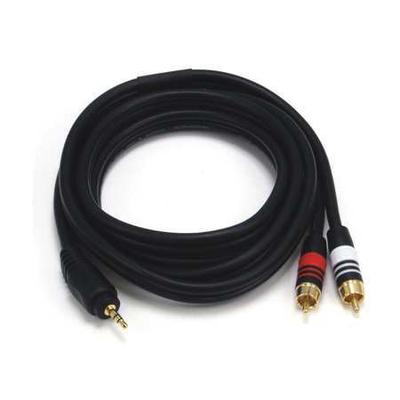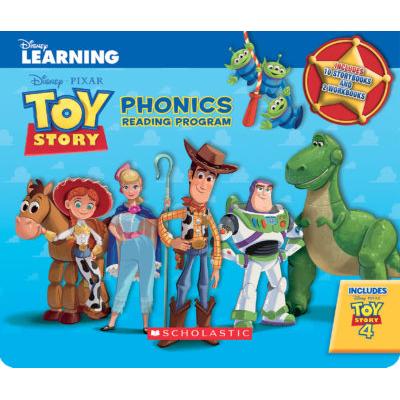Get to know about credit card processing fees

The credit card is boon to individuals and business in that they offer a line of credit when essential. However, as with any financial transaction, the lending of credit comes with a price tag, and in the world of credit card processing, the processors charge different types of fees. Here are some basic guidelines towards deciphering the various kinds of fees levied by credit card processing companies.
Types of fees charged by credit card processing agencies fall into the following categories: flat fees, incidental fees, transactional fees and volume based fees.
The various kinds of flat fees levied include:
- Terminal fees which apply to merchants with a point of sale swipe
- Payment gateway fees that are applicable to e-commerce sites that revolve around online transactions
- Payment Card Industry fees that are levied to ensure compliance with the stated credit card norms or as penalty for noncompliance
- Annual fees that are charged by many card providers to renew card membership
- Monthly fees that are charged by the processor to cover the customer helpline costs
- Statement charges that are levied by some processors for proving a hard copy of the monthly statement
- Non-negotiable card network fees
The various kinds of incidental fees include:
- Address verification service fee levied on e-commerce businesses
- Voice authorization fee when you are required to call a toll free number for some requisite verification
- Batch fee for every batch of transactions submitted
- Retrieval request fee which is levied when a customer initiates a request for a charge reversal
- NSF fee or the nonsufficient fund’s fee which is collected when you have a negative account balance
The transactional fees levied by credit card processing agencies include the interchange fees and the assessment fees.
Where flat fees are charged regardless of the volume of business or nature of the transaction, volume based fees are dependent on the amount of business raised by your organization. If you opt for interchange plus pricing, the volume based fee will be a fixed percentage. If you opt for a tiered pricing model, the fees will go into one of three pricing tiers – qualified, mid-qualified and non-qualified.
Recent Articles
Recent Questions
What kind of life insurance builds cash value?
The rest of the premium payment will go toward your policy's cash value. The life insurance company generally invests this money in a conservative-yield investment. As you continue to pay premiums on the policy and earn more interest, the cash value grows over the years.
What is meant by insurance plans?
An insurance plan is the one that consists of a premium amount and other components used in getting a product insured. There may be various types of insurance plans with varying terms and policies.
What are the common components of insurance?
The most important components of most insurance plans are the premium and the contract. Anything written in the contract becomes its crucial component.
What are the various types of insurance policies?
There are various kinds on insurance policies that are available on various assets. Auto, health, commercial vehicle, and travel insurance are some of the popular types of insurance policies.








